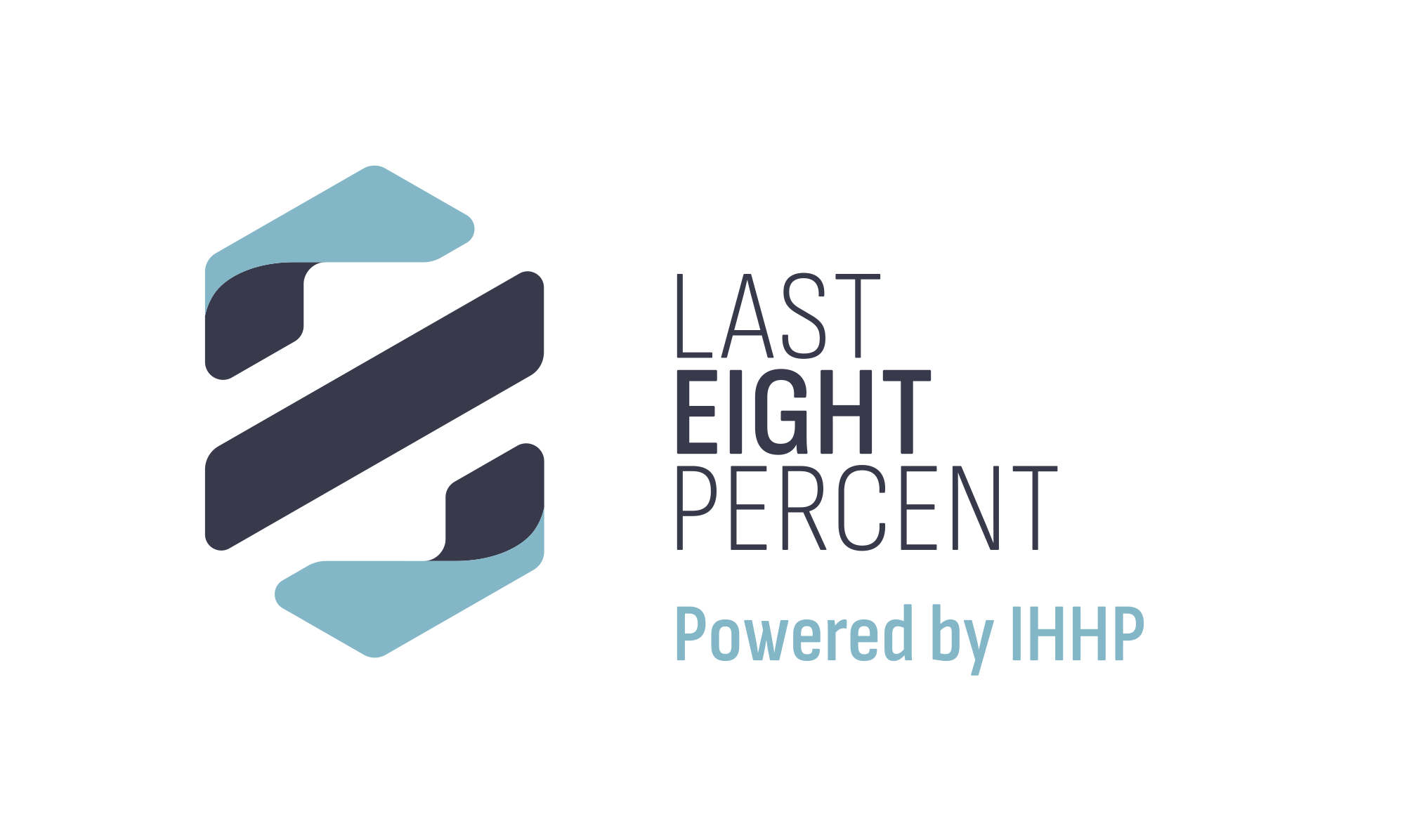Now that 2021 is here, for what human capital trends do Talent Development leaders need to prepare?
Before 2020, the workplace was trending towards increased remote work, heavier reliance on gig workers, and more prevalent automation and digitalization.
Now, after a year full of twists and turns, these trends have accelerated. The future of work is officially here and it is up to HR and Talent Development to adapt accordingly.
How will people, leadership, and culture continue to evolve in 2021?
Three Human Capital Trends to Expect in 2021
1. Heavier focus on generalists rather than specialists
2020 exposed many organizations’ inability to adapt and pivot. In a VUCA world (Volatile, Uncertain, Complex, and Ambiguous), agility and resilience are absolutely essential.
Recruitment and learning professionals will need to place a greater emphasis on people who are highly capable of adapting in 2021. In design thinking and agile development, these individuals are commonly referred to as T-shaped people. The vertical line in the “T” refers to the skill or field in which a person specializes, whereas the horizontal line represents his or her general knowledge of other fields and ability to collaborate across functions. For example, one may have expertise and technical skills as an engineer, but also have general knowledge of marketing and interpersonal skills like communication and empathy.
This is not to say that specialists will be phased out in 2021. There will always be a need for specialized skills. In fact, many, particularly digital skills, will be on the rise. However, in a VUCA world, it is not enough to depend on specialists.
The broader experience and versatility that generalists bring are keys to unlocking organizations’ potential to overcome change. Organizations that empower everyone to become generalists will have a competitive advantage in 2021.
By hiring and training for generalists or T-shaped people, Talent Development can build a workforce that is more able to innovate and think outside of the box, create synergies on cross-functional teams, and readily join new projects. The first step, however, is to build your own breadth and depth. Check out this webinar to learn how you can foster a growth mindset.
2. Expanded scope of leadership
Organizations now need their leaders to do more – they need to be able to lead through ambiguity, manage teams digitally, and address changing consumer expectations.
And with the increasing speed of technological, economic, and social change, leaders absolutely must consider the impact of various external forces on people. The lines between work and personal life are becoming more blurred and mental health concerns like anxiety, burnout, and loneliness continue to rise.
As a result, employers now play a more active role than ever in employee wellbeing. Having leaders who focus mainly on supervising tasks and performance will not be sufficient. Instead, leaders will need to be more intimate, involved, and vulnerable with their teams in 2021 if they want to accelerate engagement and innovation.
Many leaders may not be used to interacting so heavily and so personally with their teams. What they need to understand though, is that showing up with more humanity goes a long way in building trust and commitment. Simply being more present, for example, will help them address employee needs as they surface and alleviate emotional strain that can inhibit performance.
In our 2020 Emotional Intelligence research report, we discovered that particularly in times of crisis and change, organizations tend to more willingly follow leaders who demonstrate human qualities like awareness, vulnerability, compassion, hope, and honesty.
In short, leaders must make genuine human connection a priority next year, as people who feel valued and supported are better able to adapt to the speed of change and bring the organization’s vision to reality.
3. Increased need for culture that can prevail in a digital environment
Especially in difficult times, a strong organizational culture is critical to success. Culture and values are what guide decisions, provide motivation, and unite people in pursuit of a common goal. In addition, in this war for talent amid a global skills shortage, culture is a major factor that affects an organization’s ability to attract and retain high-caliber talent.
Remote work at the scale we are seeing now during this pandemic may not last forever, but several surveys indicate most organizations will continue to utilize remote work in 2021 and beyond. Furthermore, organizations were already leaning towards teams with a mix of remote and gig workers and likely will continue to rely on such teams going forward.
Organizational culture is built on and sustained by human interactions. So, if opportunities for human interaction diminish, what happens to culture? How can HR professionals prevent the erosion of culture, or rather strengthen its ability to guide people?
In 2021, HR will have to find ways to prevent the core components of culture, like values, norms, and shared beliefs, from becoming diluted. This can be by reducing barriers for connection, using tools that increase opportunities for feedback and collaboration, and taking the time to develop and promote a shared language.
Team-building in a remote environment may seem like a daunting new concept. However, the principles and practices that build trust and psychological safety are the same. Organizations just need to apply them in a new context in 2021.
Future-Proofing Your Organization
The role of HR & Talent Development professionals has always been to strengthen and mobilize the capabilities of an organization’s human capital. There may be new external forces to manage now, but as always, people will be at the core of the function. In 2021, HR & Talent Development will need to play a bigger role in supporting the organization in all facets and at all levels, from individuals to leaders to culture. Are you ready to future-proof your human capital?
Want a rare chance to ask questions and connect with an Organizational Psychologist and Talent leaders experienced in transformation?
Sign up for our HR & Talent Webinar Series to learn about the practical application of future-focused people development strategies.

